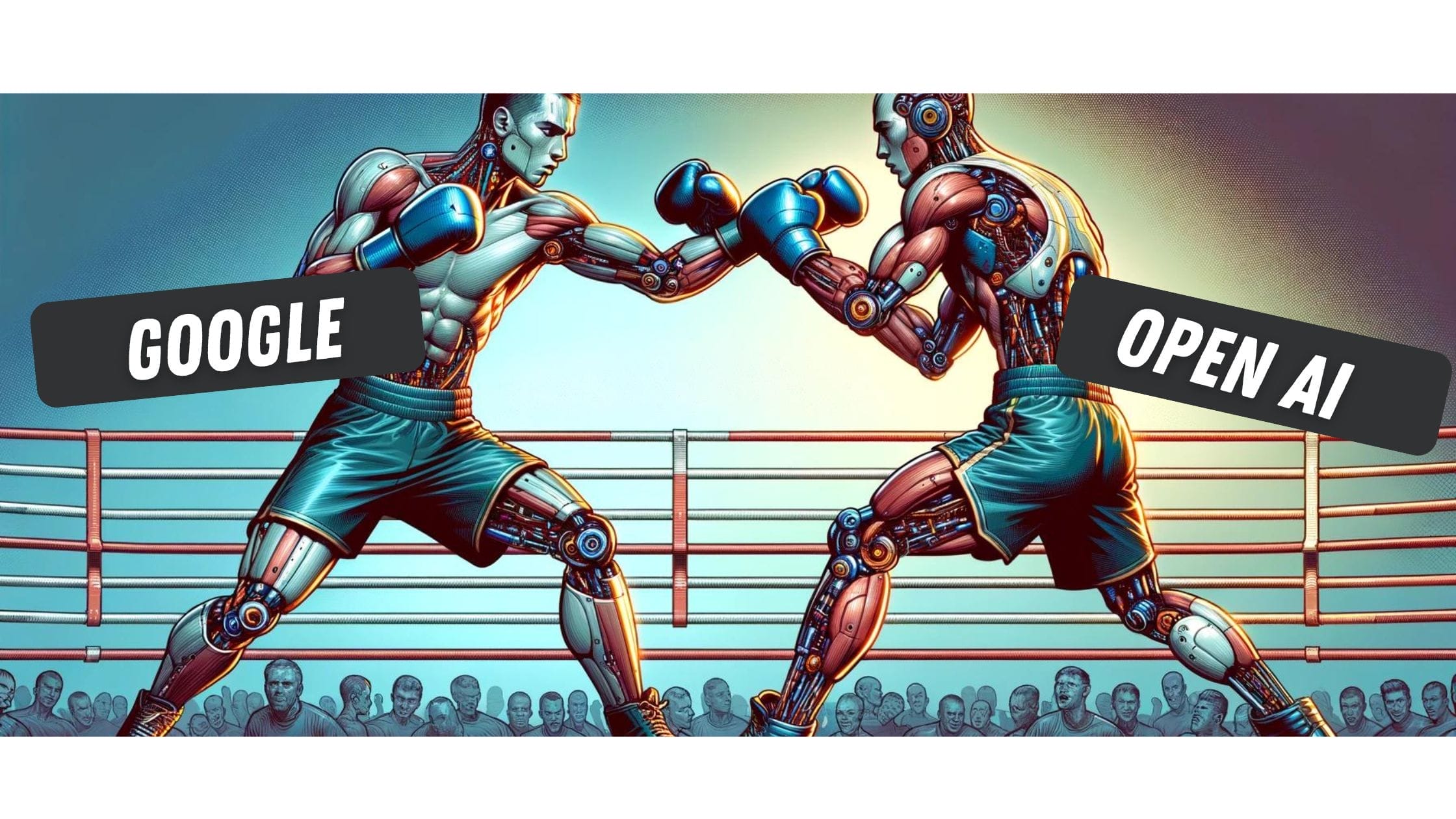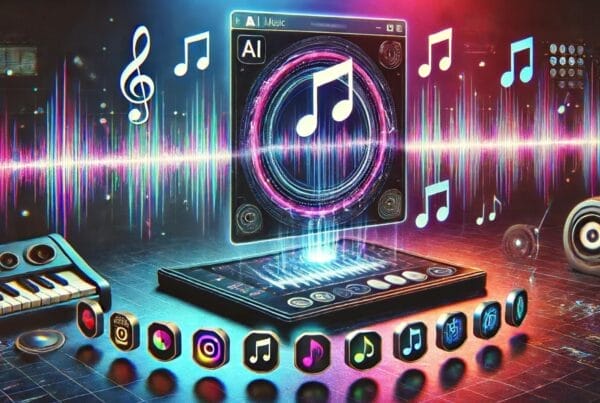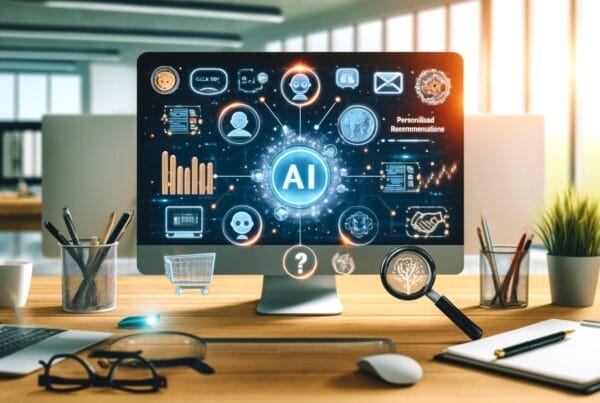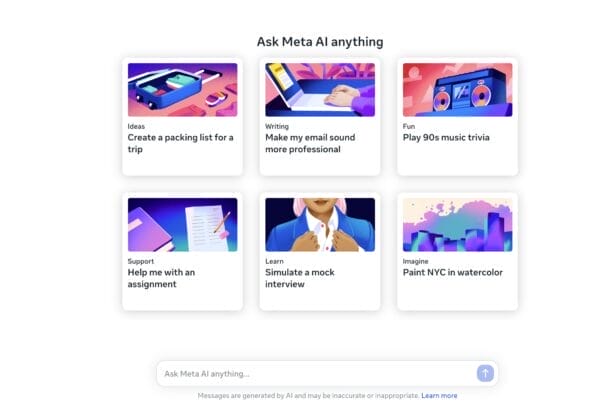Open AI and Google are involved in a battle for power in who can provide the latest and best AI tools.
But whose AI tools are winning?
Let’s find out.
ChatGPT’s latest update
ChatGPT’s latest update is an update to a model which is called GPT-4o. The o in GPT-4o stands for omni.
GPT-4o supposedly works twice as fast and is 50% cheaper than the previous model GPT- 4 Turbo. From my early testing, the output quality is slightly better because it is more succinct and to the point which is something many models struggle with. People who use GPT4 a lot will notice the difference in cost more than anything.
The biggest news is that this model will be free and the free ChatGPT will be updated from GPT3.5 to GPT-4o
Open AI also showed off their new desktop app and many many applications for using it. Look at this example below of someone preparing for an interview.
As you can see, you can now have a (almost)regular conversation with the app and you can interact with it in a variety of ways. You can also use your camera to include your environment as a source of input.
This could be great to:
- Translate menus/signs in a foreign country
- Use the app as a real-time translator
- Get feedback on your homework
- Ask for advice in a difficult situation
- Help you to keep calm if you feel anxious
- Keep you company when you feel lonely
While this might seem strange now, we will definitely see people having full on conversations with the AI app on their phones in the near future.
Google’s latest AI updates
Google also announced a lot of AI updates at their Google IO conference. Most of them consist of AI integrations into its products like Google Search, Gmail and Google Meet.
There were more than 20 announcements and here they are listed out for you:
- Music Effects: A text model that turns text prompts into music tracks. It allows users to add and mix different instruments using text commands.
- Gemini App: A new app available on iOS and Android with extensive AI upgrades.
- AI Overviews in Search: AI-generated overviews for search results, rolling out in the US and coming worldwide soon.
- Ask Photos in Google Photos: AI-powered search in Google Photos to find specific items like a license plate in pictures.
- Google Gemini Context Window: Increased context window for Google Gemini from 1 million tokens to 2 million tokens for developers and advanced users.
- Google Workspace Upgrades: New AI features in Google Workspace, including summarizing emails in Gmail and meetings in Google Meet.
- Notebook LM with Audio Generation: Enhanced Notebook LM tool with audio generation capabilities for personalized audio content from text materials.
- AI Agents: AI agents with reasoning, planning, and memory capabilities for multi-step processes and integration with other software systems.
- Google DeepMind’s Gemini 1.5 Flash: A new lightweight, fast large language model with a 1 million token context window, available for testing in Google AI Studio.
- Project Astra: A universal AI chat assistant with vision capabilities for everyday tasks.
- Imagine 3 Text-to-Image Model: A new text-to-image model that generates photorealistic images and allows for detailed editing.
- Music AI Sandbox: A suite of AI tools for musicians to create music.
- Veo Text-to-Video Generation: A new text-to-video generation model, with early demos available and a waitlist for testing.
- New Hardware (TPU, CPU, GPU): Announcements of the sixth generation of TPUs (Trillium), custom ARM-based CPUs (Axion), and Nvidia Blackwell GPUs.
- Multi-Step Reasoning in Search: AI handling complex search queries by breaking them down into steps and providing detailed results.
- S Panel in Google Workspace: AI automations for workspace apps, integrating data from emails into organized sheets.
- AI Teammates: AI agents assigned specific tasks within teams, capable of tracking projects and synthesizing information.
- Data Analysis in Gemini Advance: AI-powered data analysis capabilities for Gemini Advance, with support for 35 languages and a 2 million token context window.
- Circle to Search: An AI feature allowing users to circle items in an app to search for information or solve specific problems.
- Poly Gemini: A new open-source large language model with vision capabilities, with an upcoming release of Gemini 2.
As you can see, there are a lot of updates. All of them are somewhat cool but it is hard to know which ones we will actually use.
If they go ahead with AI overviews, which they said they would start releasing this week in the US, that could be a huge problem for publishers on the web. It seems Google is intent on not showing links to websites as much as they used to but rather showing more ads, more videos, more Reddit and most of all more AI-generated answers.
If you want to see if an answer on Google, or a post on Reddit, LinkedIn or any other website was generated by AI, then you can use or AI content detection tool like Winston AI.
All you need to do is to copy the text from the website/search result like this:
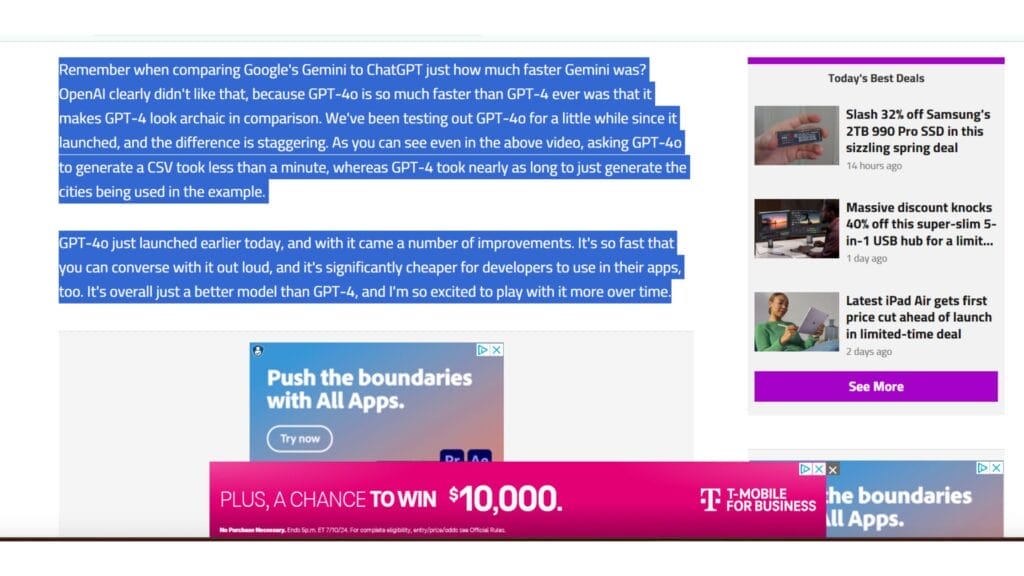
And then test it with our app:
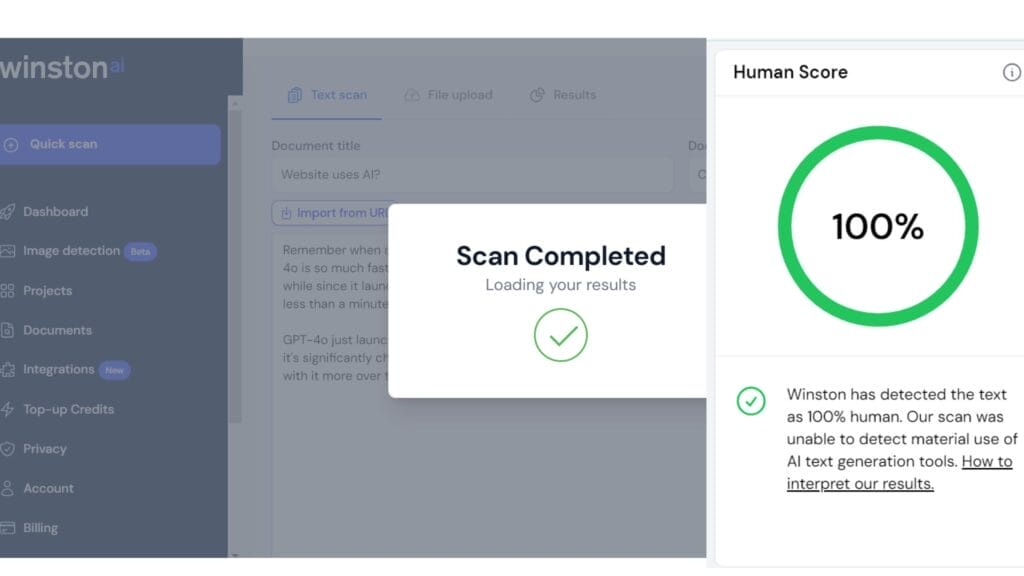
This website that I tested got a score of 100% human-written text. The great thing about Winston AI is that we have a 99.98% accuracy rate when detecting AI content.
Every industry is being transformed by AI and you can see it more and more with these updates. AI music and AI videos are developing at breakneck speed.
What Next?
All in all Google’s updates still seem not to have the wow factor that Open AI have. ChatGPT is still the most famous and most impactful AI tool online and that seems unlikely to change with OpenAI’s latest updates.
The pace of change is quite breathtaking but you don’t need to feel anxious about this. The most amazing features and tools will always be spread with word of mouth and you will notice the changes happening little by little.
